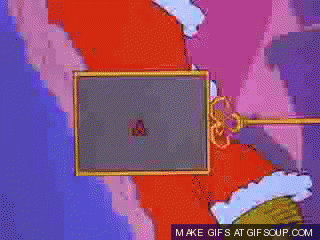Nick Cave is batting 1,000 on his last few Red Hand Files newsletters. I shared a highlight from the last issue regarding writers block. This week, he connected the principle and practice of "mercy" to the problem with cancel culture. He wrote:
Mercy allows us the ability to engage openly in free-ranging conversation — an expansion of collective discovery toward a common good. If mercy is our guide we have a safety net of mutual consideration, and we can, to quote Oscar Wilde, “play gracefully with ideas.”
...It is a value we must nurture and aspire to. Tolerance allows the spirit of enquiry the confidence to roam freely, to make mistakes, to self-correct, to be bold, to dare to doubt and in the process to chance upon new and more advanced ideas. Without mercy society grows inflexible, fearful, vindictive and humorless.
The picture of a society without mercy reminds me of something I heard about mercy defined linguistically. The Hebrew word associates the experience with pregnancy. Mercy is like being pregnant. "Bearing with" the other in mercy requires genuine selflessness.
Ethicist and Church Historian, Walter Brueggemann makes the case that the most fundamental, human enemy of mercy is "the pattern of self-preoccupation." Krista Tippett interviewed Brueggemann some time ago on the podcast "On Being" and asked him, as Nick Cave was asked, to define "Mercy." Here's Brueggemann:
You may know that the Hebrew word for — Phyllis Trible has taught us that the Hebrew word for mercy is the word for womb with different vowel points. So mercy, she’s suggested, is womb-like mother love. It is the capacity of a mother to totally give one’s self over to the need and reality and identity of the child. And mutatis mutandis (translation: "things being changed that have to be changed"), then, mercy is the capacity to give one’s self away for the sake of the neighborhood.
Now, none of us do that completely. But it makes a difference if the quality of social transactions have to do with the willingness to give one’s self away for the sake of the other, rather than the need to always be drawing all of the resources to myself for my own well-being. It is this kind of generous connectedness to others. And then I think our task is to see how that translates into policy. Now we’re having huge political storms about whether our policies ought to reflect that kind of generosity to people other than us and people who are not as well-off as we are, or whatever.
I think that a community or a society, finally, cannot live without the quality of mercy. The problem for us is, what will initiate that? What will break the pattern of self-preoccupation enough to notice that the others are out there and that we are attached to them?
"Others are out there" means that mercy requires love as defined by Iris Murdoch. She says, "Love is the extremely difficult realization that something other than yourself is real." Love initiates and invites mercy

